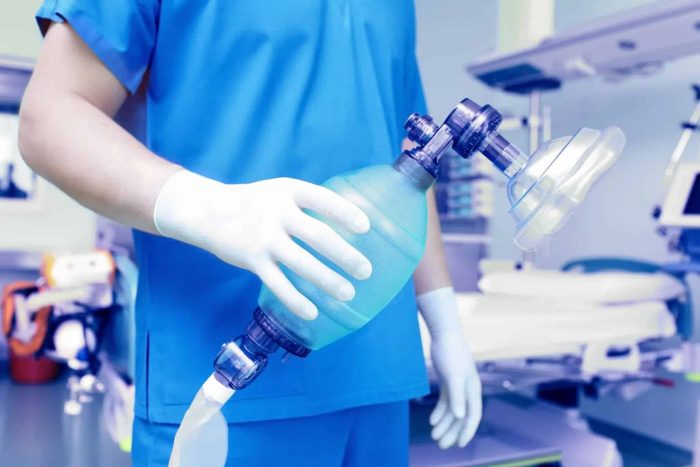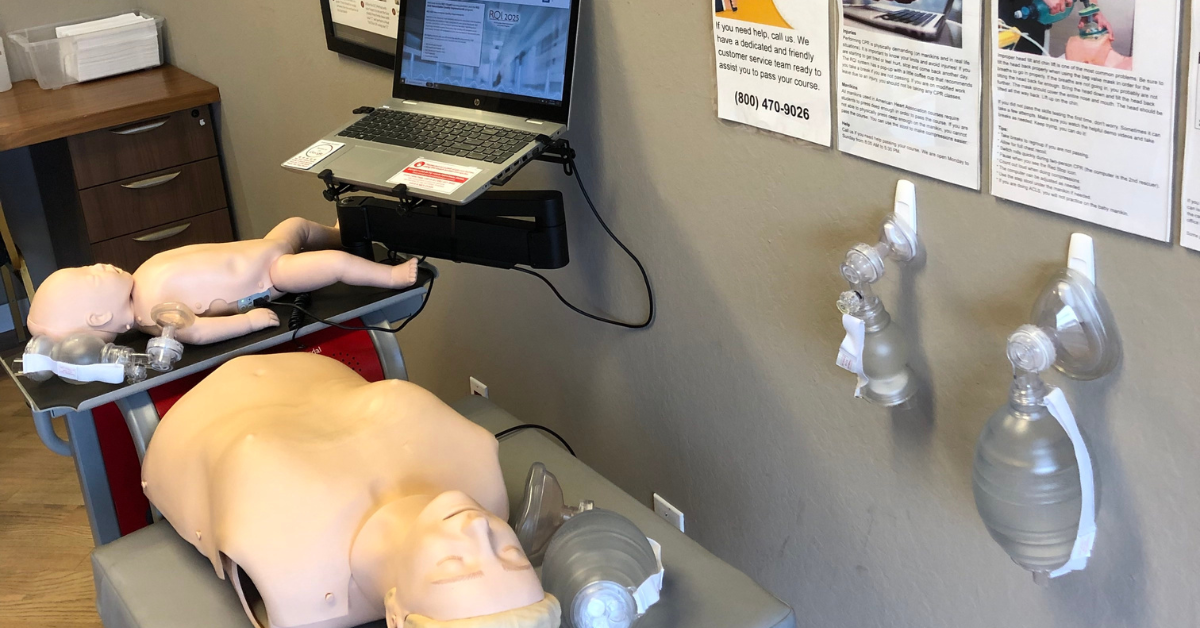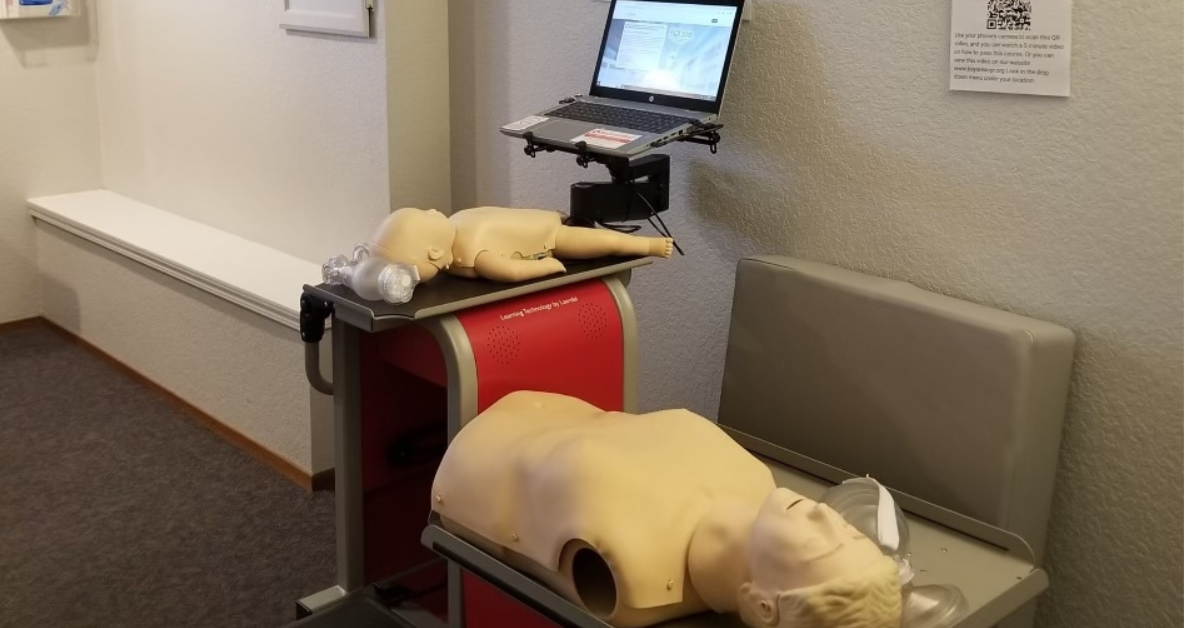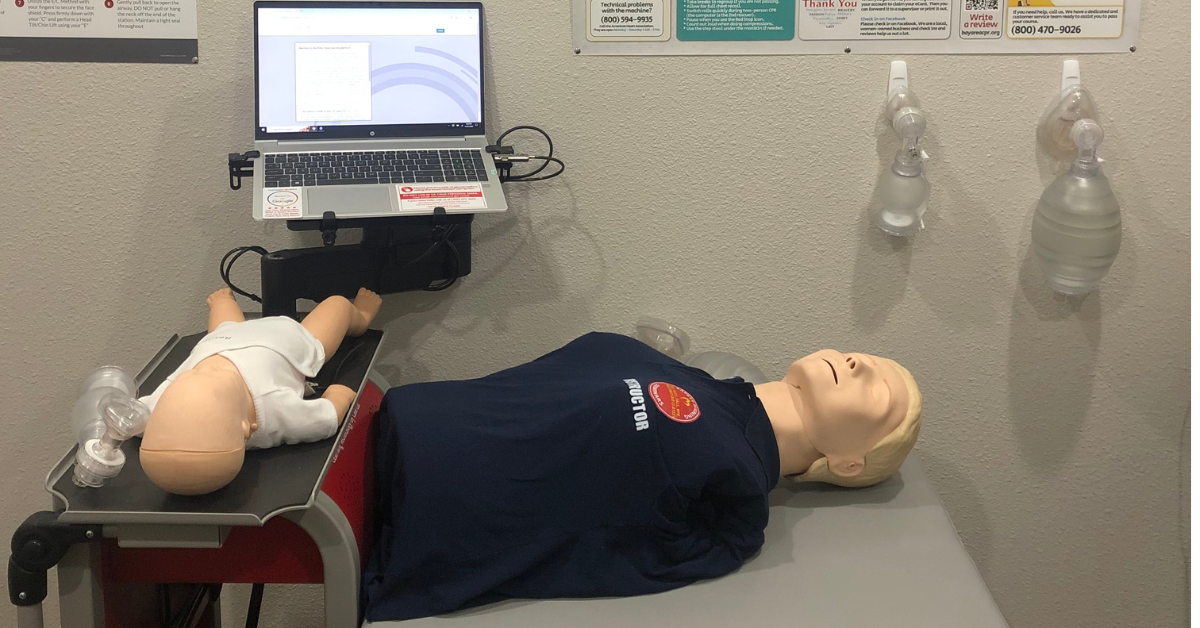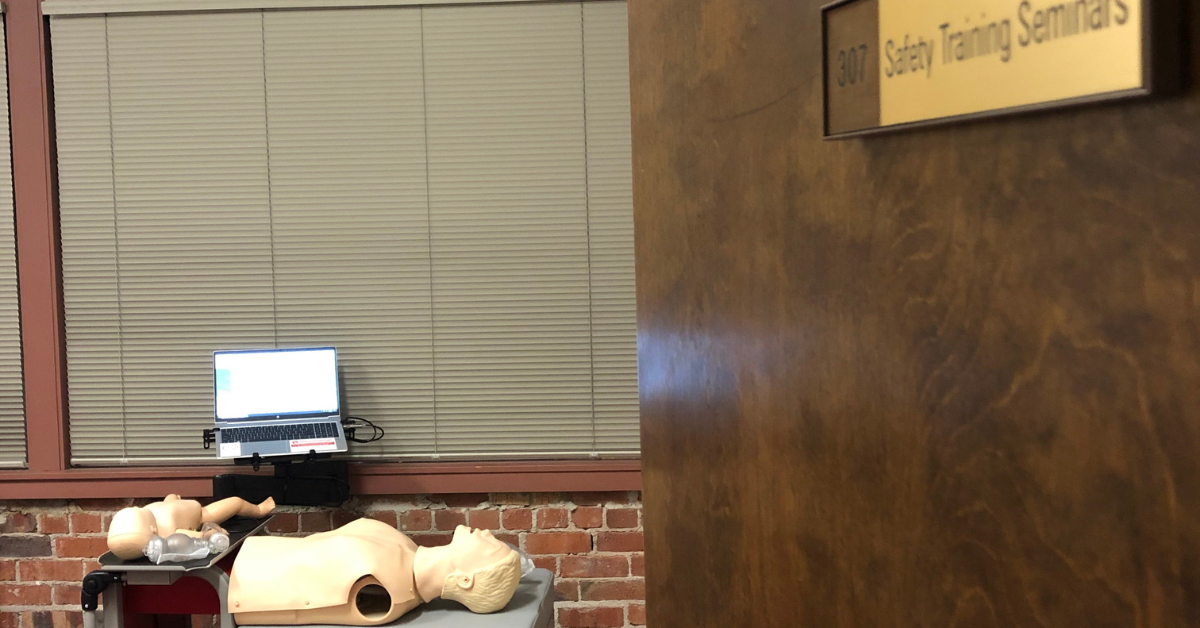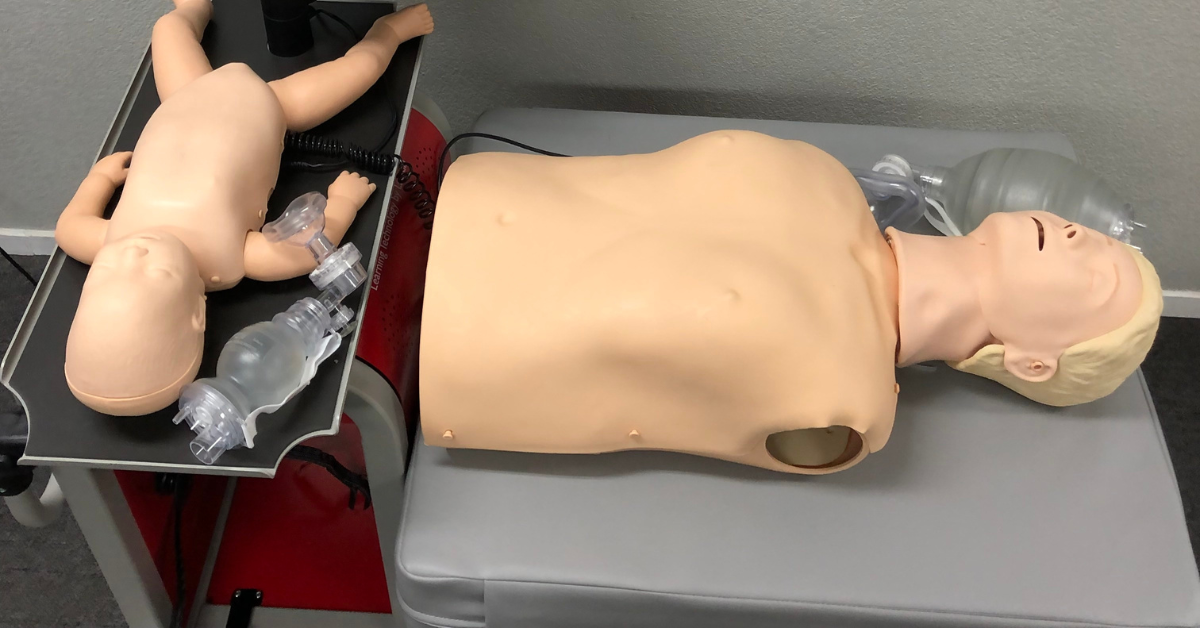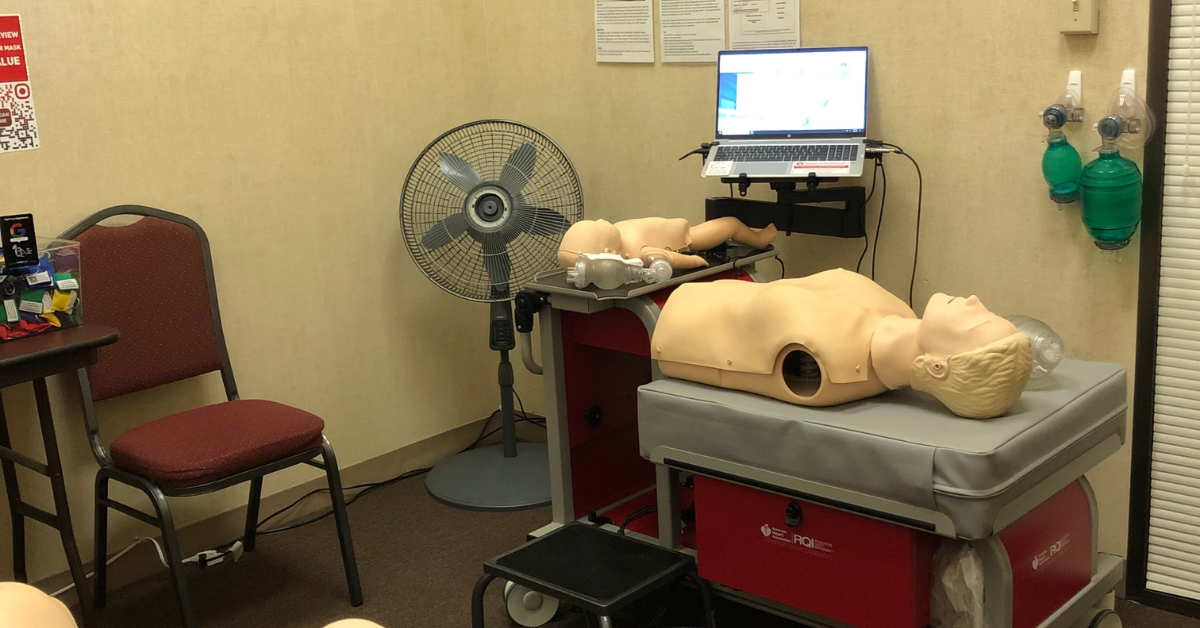What is Neonatal Resuscitation Program Certification?
NRP Certification is a recognized credential obtaining expertise in neonatal resuscitation. It is designed for healthcare professionals who assist in the care of newborns during and immediately after birth. The NRP focuses on equipping these professionals with evidence-based methods to handle critical delivery room scenarios effectively.
If you’re a healthcare provider looking to enhance your ability to respond in emergencies at birth, this guide will take you through what NRP certification is, why it’s important, how it works, and everything else you need to know.
Why is NRP Certification Important?
The stakes couldn’t be higher when it comes to neonatal care. Each year, millions of newborns face breathing challenges at birth. Having a skilled team equipped with the latest techniques can make the crucial difference between life and death.
NRP certification ensures healthcare providers are well-prepared to lead or collaborate during neonatal emergencies. It combines theoretical knowledge with practical, scenario-based training to foster confidence and improve team-based communication in high-pressure situations.
This certification represents not just competence, but also dedication to providing superior care during some of the most vulnerable moments in a newborn’s life.
What Does the Certification Cover?
NRP training includes comprehensive topics based on the American Academy of Pediatrics (AAP) guidelines, including:
- Initial Steps of Neonatal Resuscitation: Learn how to handle airway management, suctioning, and warming techniques.
- Positive Pressure Ventilation (PPV): Understand when and how to provide adequate ventilation for newborns in respiratory distress.
- Chest Compressions: Gain expertise in CPR techniques tailored for newborns.
- Medication Administration: Familiarize yourself with drugs commonly used during neonatal resuscitation, such as epinephrine.
- Ethical Decision-Making: Learn how to approach resuscitation efforts with sensitivity and adherence to ethical guidelines.
- Team-based Effort: Develop communication and leadership skills necessary for effective teamwork during neonatal emergencies.
Who Should Get NRP Certified?
Healthcare professionals who work in perinatal and neonatal care environments should strongly consider NRP Certification. This includes but is not limited to:
- Nurses specializing in neonatal or pediatric care.
- Physicians in OB-GYN or neonatology.
- Midwives assisting in childbirth.
- Respiratory Therapists handling newborn ventilation.
- Emergency Staff in NICUs or delivery rooms.
- Paramedics working in neonatal transport.
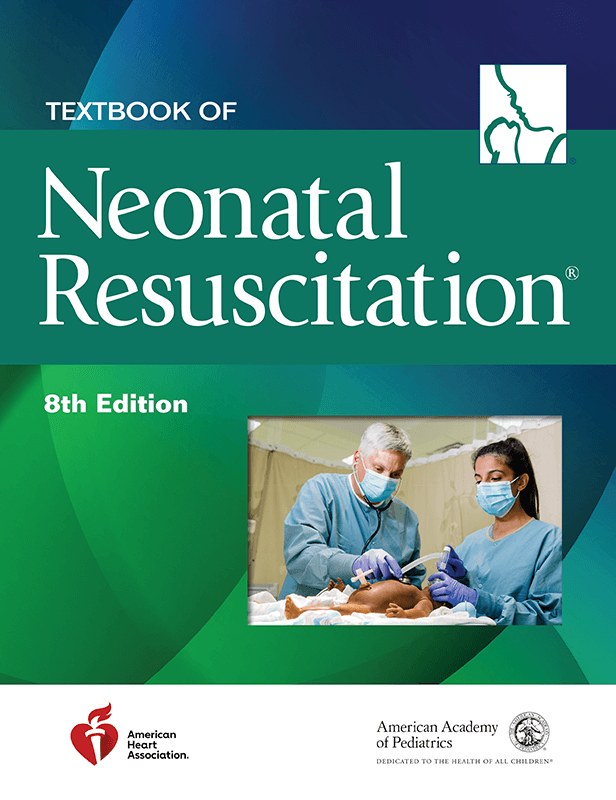
How Does the NRP Certification Work?
NRP uses a blended learning approach that combines an online course with hands-on training. Here’s a step-by-step guide to the process:
Step 1: Registration
The first step is registering on the AAP’s NRP Learning Platform. Once registered, you’ll receive an email to activate your NRP account.
Step 2: Online Course
After activating your account, you’ll gain access to the required online course. This interactive module usually takes about 3 hours to complete and covers theoretical concepts alongside video-based learning.
Step 3: Hands-On Training
Once you complete the online course, you’ll move on to a 3-hour in-person classroom session. This involves simulated case scenarios, skill tests, and debriefing sessions to ensure mastery of the NRP algorithm.
Step 4: Certification
After successfully completing the in-person session, you’ll log back into your NRP account to access your official AAP Neonatal Resuscitation Program eCard.
Bonus Step: CEU Credits
Participants can claim CEU (Continuing Education Unit) credits after completing the course. Simply log in, review completed programs, and download your CE/CME form.
The entire process is streamlined but thorough, ensuring every participant is well-prepared to perform neonatal resuscitation confidently.
What Makes the NRP Program Unique?
The NRP program is unique because it combines cutting-edge medical research with adaptive learning techniques. Some standout features include:
- Evidence-Based Curriculum: Program content is updated to reflect the latest neonatal research and guidelines.
- Focus on Team Dynamics: Beyond clinical skills, it emphasizes communication and collaborative care.
- Interactive Training: By integrating simulations and hands-on practice, it moves beyond theoretical learning.
- Global Reach: Taught in over 130 countries, the program ensures standardized neonatal care worldwide.
- Ongoing Development: Updates, like the upcoming NRP 9th Edition, reflect the evolving landscape of neonatal care practices.
Frequently Asked Questions about NRP Certification
How Long Does it Take to Complete NRP Certification?
On average, it takes six hours to complete the entire course (three hours online and three hours in the classroom).
How Long is NRP Certification Good For?
NRP Certification is valid for two years. After this, you’ll need to retake the course to stay up-to-date with current practices.
What Resources are Available for NRP Students?
You can access the NRP Learning Platform, training videos, and supplemental resources like the 8th edition textbook and skill videos provided by the AAP.
Can I Take the Course if I’m Outside the US?
Absolutely! NRP is a global program and widely recognized across over 130 countries.
How Much Does the NRP Certification Cost?
The cost of certification varies depending on your training provider. On average, expenses range from $150 to $300, including online materials and instructor-led sessions.
What are the NRP Certification Requirements?
The only prerequisite is a background in healthcare, such as being a registered nurse, medical student, or doctor.
Is NRP Certification Mandatory?
While not legally required for all healthcare providers, it is highly recommended for anyone working in labor and delivery or neonatal care.
What is the Difference Between NRP and BLS?
NRP focuses specifically on neonatal resuscitation, while BLS (Basic Life Support) targets general resuscitation skills, including adult and pediatric patients.
How to Get NRP Certification
Getting started is simple!
At Safety Training Seminars, we are dedicated to delivering top-notch NRP certification courses across Northern California. Whether you need an initial certification or a renewal, we’ve got options designed to fit your schedule. With over 16 classes each month at convenient locations in San Jose, San Francisco, and Walnut Creek, you’re sure to find a time and place that works for you. So, don’t wait – contact us today and get started on your NRP certification journey!
Before enrolling in an NRP program, it’s helpful to review the AHA Certification Course Preparation guide to ensure you’re ready for the curriculum and hands-on assessments. For those located nearby, BLS CPR Classes in Millbrae provide foundational skills that are often a prerequisite for advanced pediatric training.


